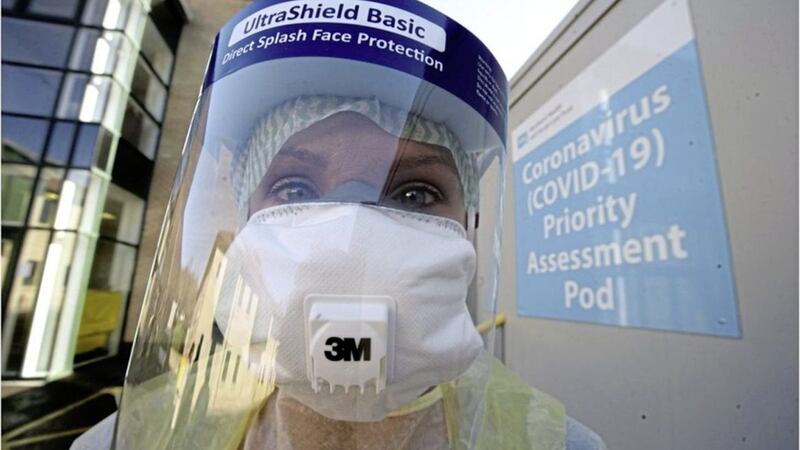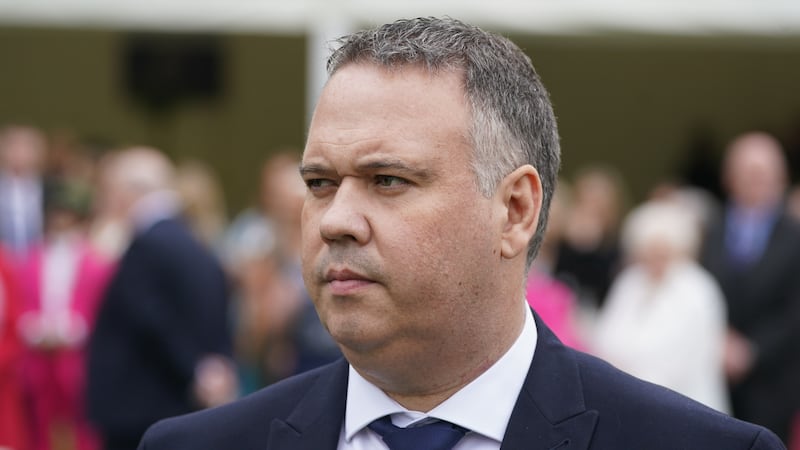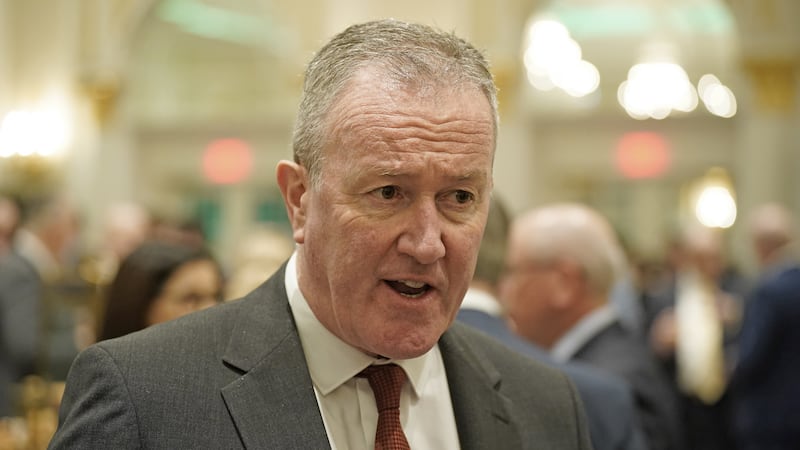POWERFUL testimonies given by frontline nurses to a research project lay bare the cost of the pandemic on a workforce already haemorrhaging long before March 2020.
The insight into their professional and personal lives is a disturbing one, with one ICU nightshift nurse describing being "broken" and "unable to continue on".
This particular account was written in the past fortnight, and is in keeping with hundreds of others submitted to the Royal College of Nursing (RCN) since last October.
For Pat Cullen, a former mental health nurse who heads up the union and introduced the project collating first-hand experiences, the despair felt by staff emerging from the third Covid wave is no different to those coming out of "war torn situations".
Evidence of "suicidal ideation" and self-harm among ICU staff exposed to sustained suffering is deeply concerning.
What is also troubling is the lack of specialist psychological support available to them.
In today's Irish News, Department of Health chiefs confirm the rollout of a pilot scheme for those experiencing serious mental health problems. It will begin "within weeks" at the Belfast trust for those who have worked in ICU at any point over the past year - with "a view" to "gradual rollout" across other trusts.
Legitimate concerns about the availability of these resources are today raised by Ms Cullen.
Such is her alarm that she sought a private meeting with Arlene Foster, Michelle O'Neill and Robin Swann to alert them to the scale of the crisis.
Nurses have been singled out for their "heroic" work by political and health service leaders throughout the Covid-19 epidemic.
However, it is telling that when staff were at their lowest due to unprecedented work pressures, they turned to a trade union for support instead of their employer.
More than a year after they took to the picket lines over staffing and being paid less than their NHS counterparts, nurses are now reeling from the news that the deal struck to suspend the strike - new legislation guaranteeing 'safe' staffing levels - is on hold.
Fury at a proposed one per cent pay rise for English NHS workers has lit the flame for further walkouts, a scenario unimaginable last year as the public clapped on doorsteps in a weekly display of mass appreciation.
As the impact of years of short-sighted cuts to nurse training places in Northern Ireland coupled with the devastation of the pandemic is felt, the ball is in the Department of Health's court as to what happens next.
The department is ultimately responsible for workforce planning - and in relation to the nursing workforce, it has failed with almost 3,000 jobs lying empty.
With plans underway to rebuild services and warnings of a further wave this autumn, the pressure on Stormont's decision makers has never been greater.








